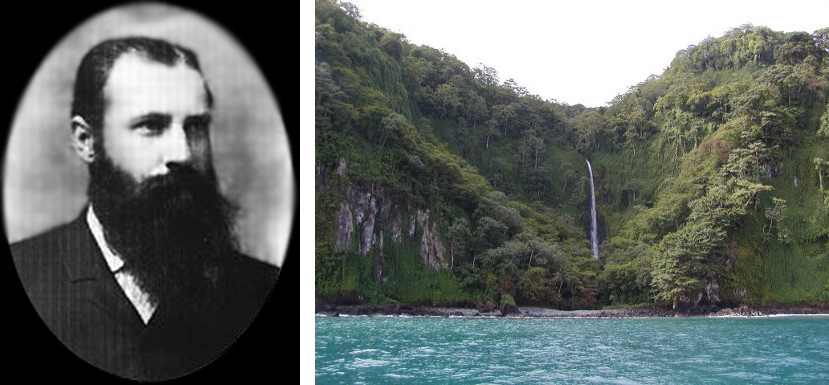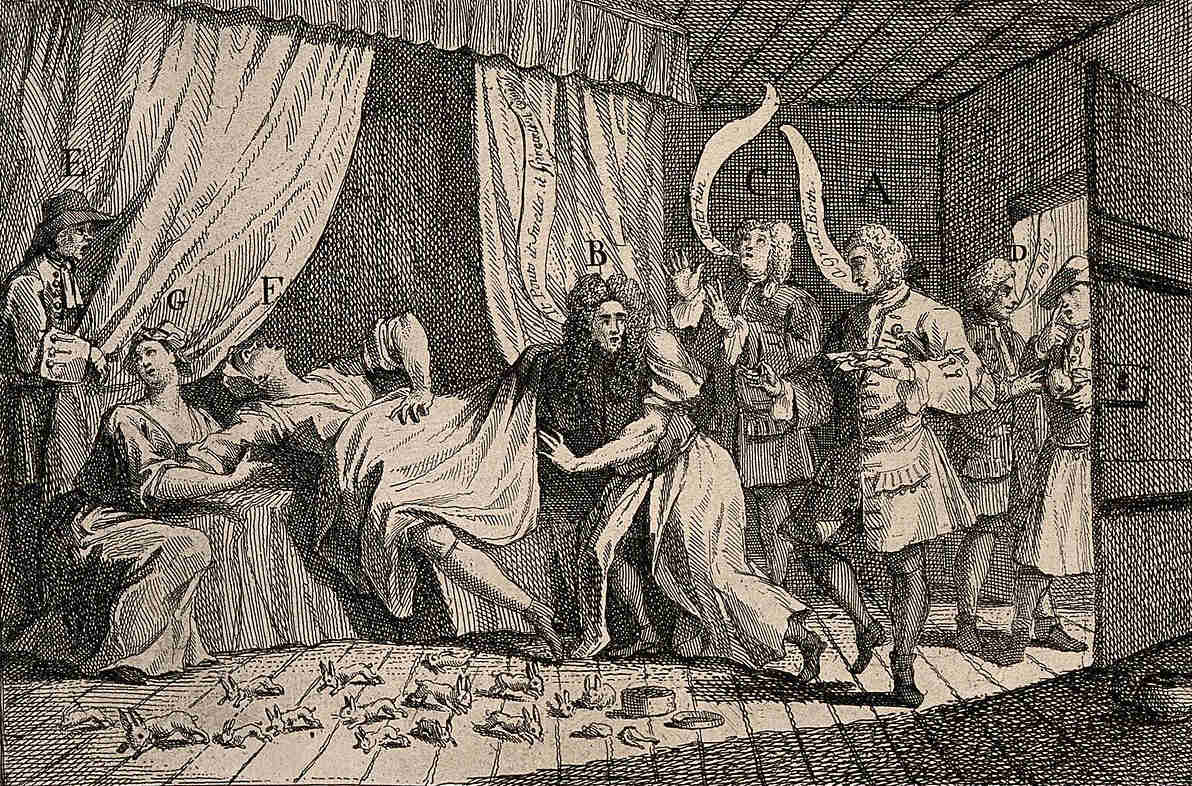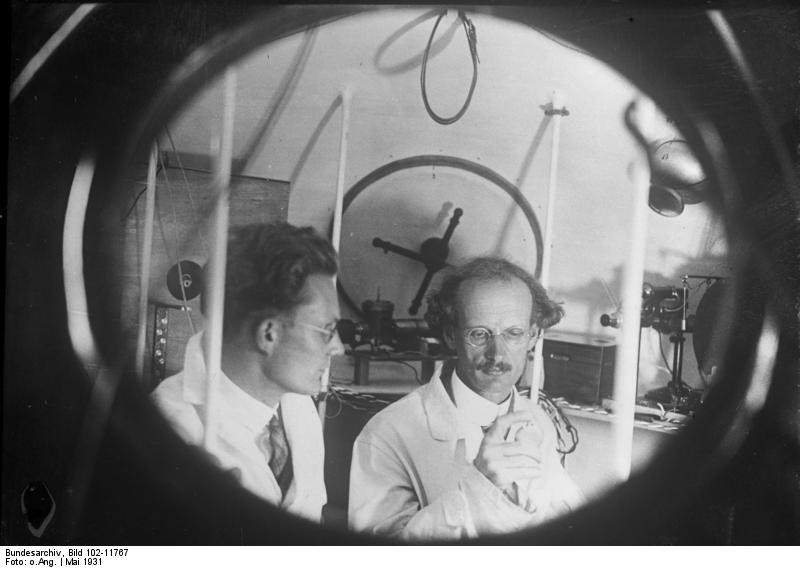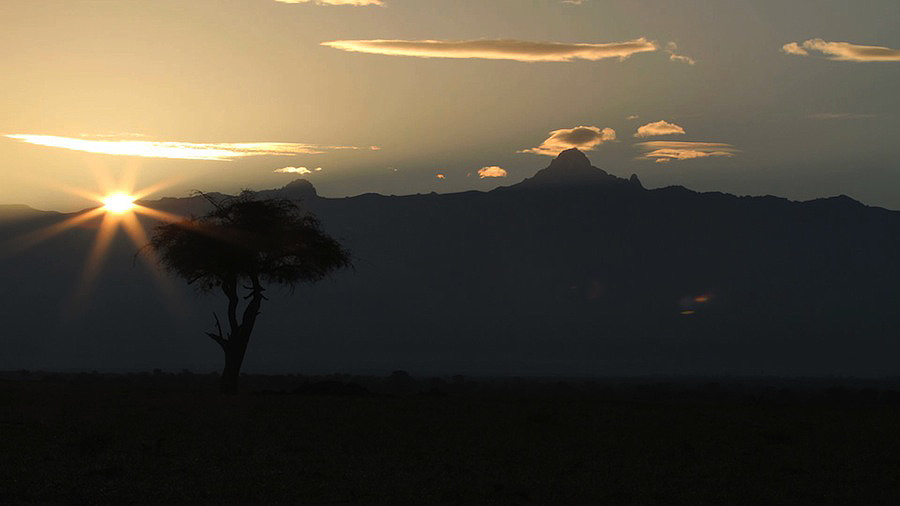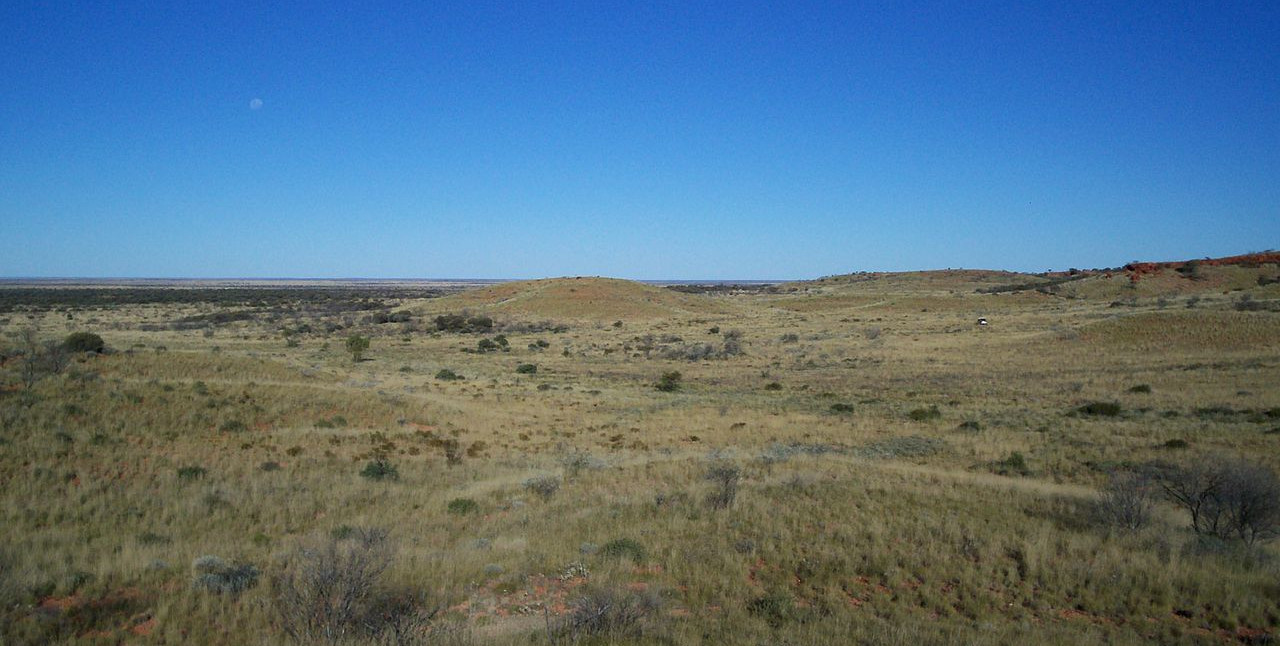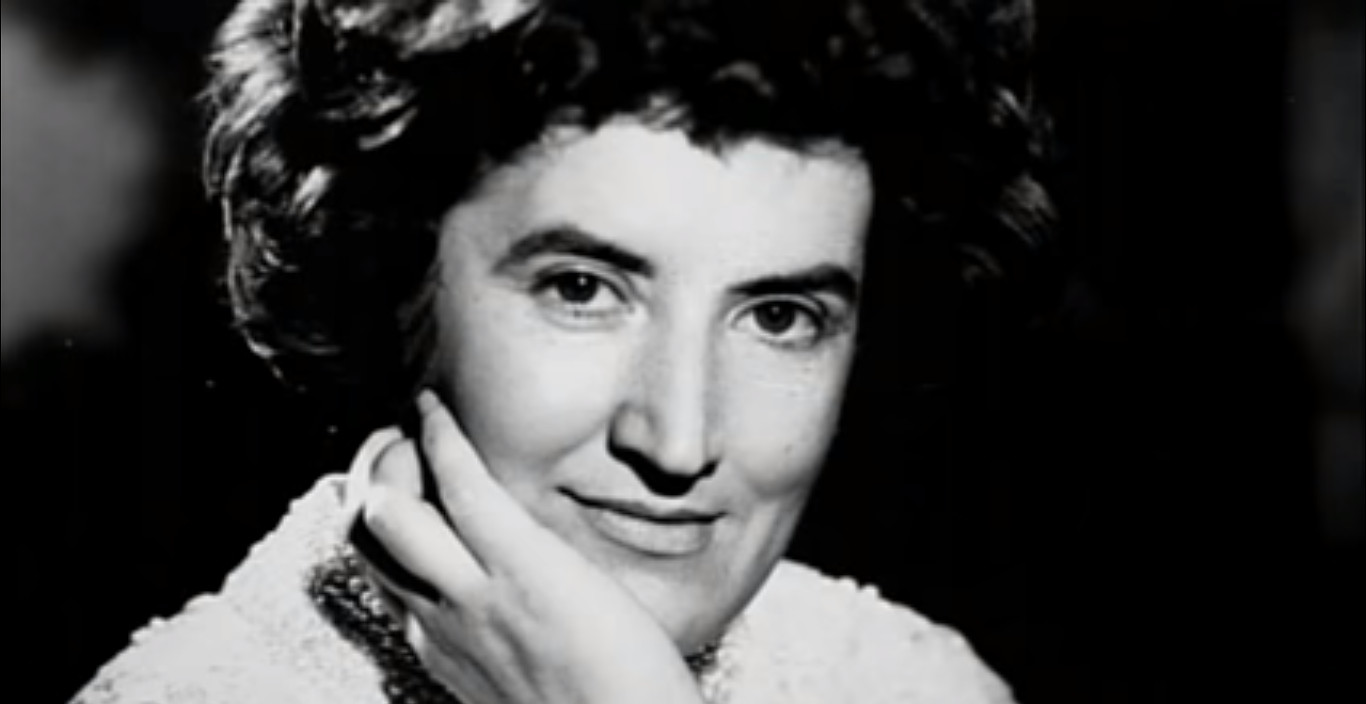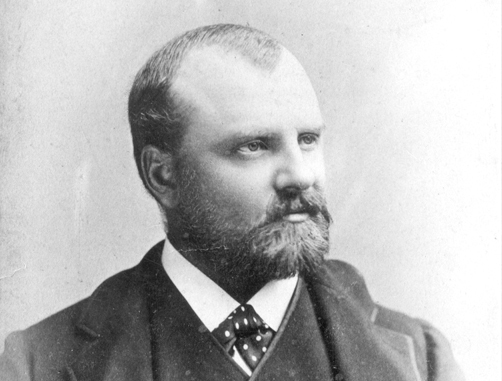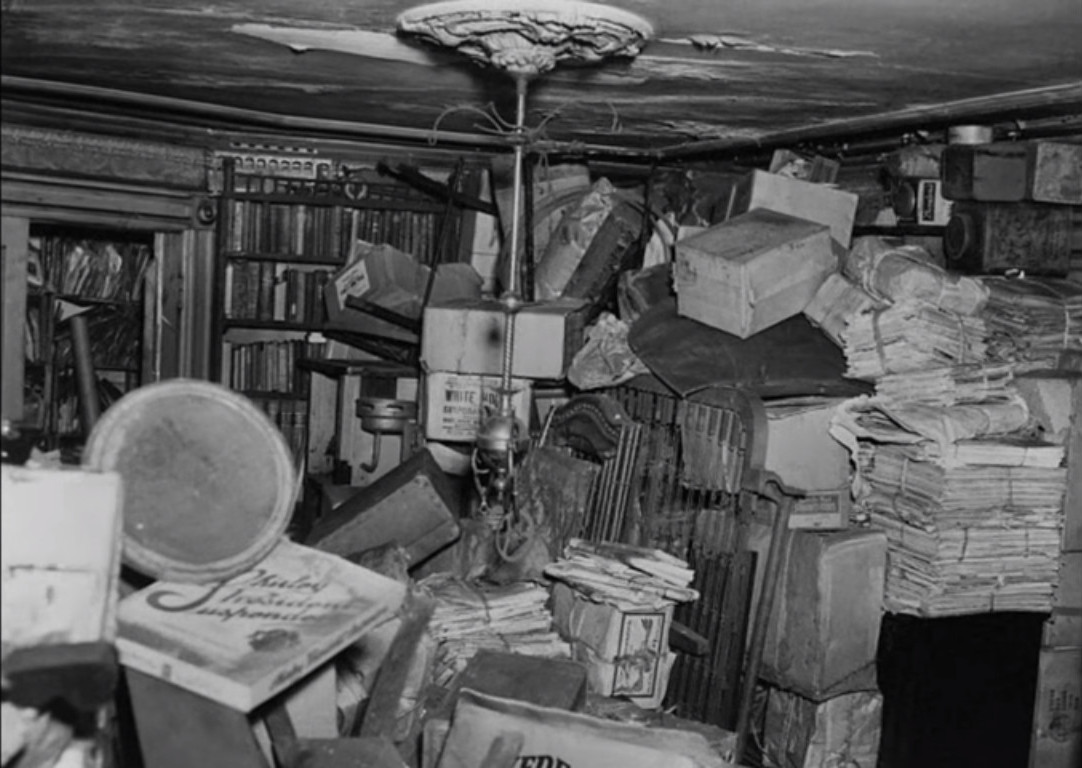In 2015 Keele University historian Paul Booth found evidence of a man named “Roger Fuckbythenavele” in the Chester county court plea rolls of 1310:
County Court of Chester, held on Tuesday after the feast of St Nicholas, 4 Edw. II, before Payn Tibotot, justiciar of Chester (8th December 1310)
A man called ‘Roger Fuckbythenavele’ was exacted for the first time [the process preliminary to outlawry].
TNA CHES 29/23 m 10d
Booth believes that’s the earliest known reference to fuck as a swear word. “This surname is presumably a nickname. I suggest it could either mean an actual attempt at copulation by an inexperienced youth, later reported by a rejected girlfriend, or an equivalent of the word ‘dimwit’ i.e. a man who might think that that was the correct way to go about it.”
Humiliatingly, Roger is mentioned seven times by that name in the rolls in 1310 and 1311. The “serjeants of the peace” had been ordered to bring him before the court, but they’d failed to find him, and consequently he was outlawed. Apparently a court clerk gave him the nickname.
(Paul Booth, “An Early Fourteenth-Century Use of the F-word in Cheshire, 1310–11,” Transactions of the Historic Society of Lancashire and Cheshire 164 [2015], 99–102.)
